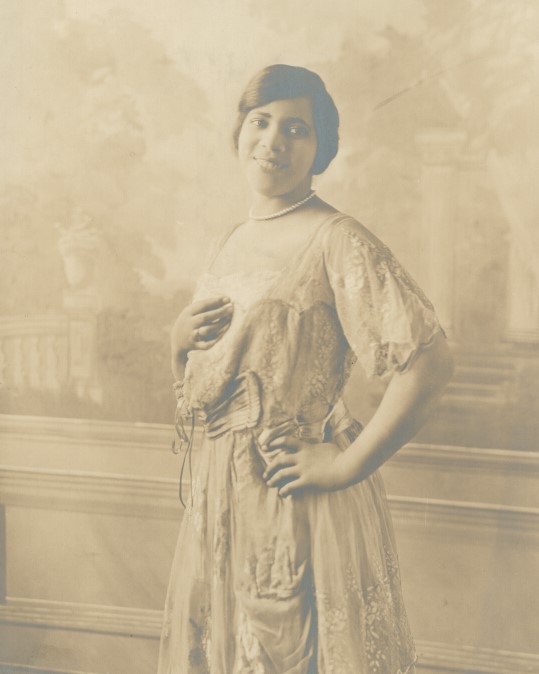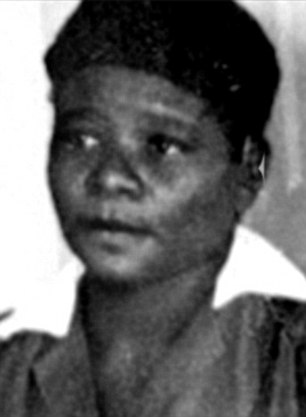La Mulatresse Solitude (the Mulatto Solitude) is a national hero on the French Caribbean islands of Guadeloupe. Although very little is known about her life, she is remembered as a brave fighter against the reimposition of slavery on her homeland.
It is believed that Solitude’s mother became pregnant as a result of a rape by a white sailor while she was being transported on a slave ship from Africa. She was sold into slavery in Guadeloupe. Due to her mixed heritage, Solitude was of pale skin and eyes, her owner used her as a domestic slave while her mother did field work.
Some historians believe that Solitude and her mother escaped from slavery and lived with the Maroons in the mountains. Maroons were people who had fled their captivity and resided in the remote reaches of the island. As the economy of Guadeloupe depended on slave labor, Maroons were always on the move trying to avoid recapture. Guadeloupe plantations produced sugar, cotton and coffee. The wealthy plantation owners were French or of French descent while the slaves were imported Africans or blacks born on the island.
On February 2, 1794 the revolutionary government in France abolished slavery in France and throughout the French empire. Word of the emancipation reached Guadeloupe on June 7 of the same year. Slaves left the plantations in droves. Plantation owners became desperate trying to find workers for the fields. They appealed for help to the French Head of State, Napoleon Bonaparte in 1802. He responded to their appeal by sending a large military expeditionary force to restore order and reimpose slavery on the island.
When the force reached Guadeloupe the local officers of color in the French army rejected the reimposition of slavery and rose in revolt. Solitude became active in the resistance. She fought in several battles in the spring of 1802 against the French army even though she was pregnant. She purportedly taunted a group of French prisoners of war by skewering a rabbit and saying, “This is how I’m going to treat you…”
The resistance attacked the fort at Saint Charles but were forced to retreat. Solitude was wounded and captured by the French on May 23, 1802. She was imprisoned and put on trial. Solitude was condemned to death but the sentence was delayed until her child was born. On November 28, 1802 Solitude gave birth. The next day, November 29th, Solitude was hanged. On May 14, 1803 slavery was reimposed in Guadeloupe.




















